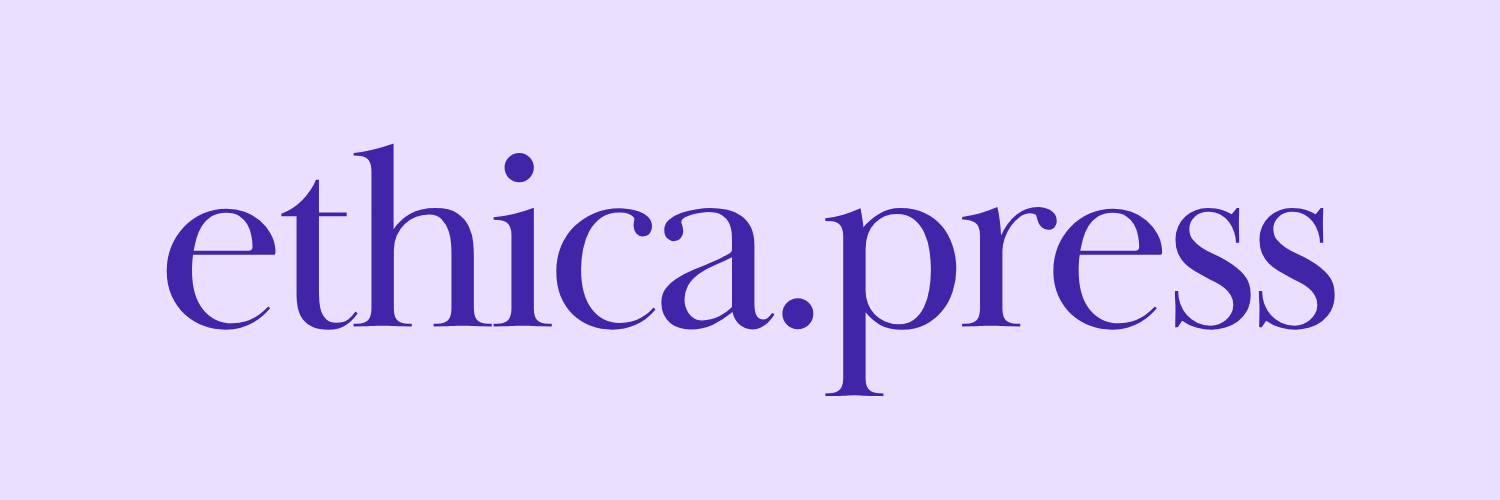Iñaki Gabilondo: "Los periodistas tenemos que convertirnos en referencias de agua informativa potable"
El periodista y comunicador Iñaki Gabilondo, una de las voces más respetadas de España por su análisis siempre sosegado y cabal de la actualidad, reflexionó el pasado día 27 de mayo junto a Antonio Yélamo, director de Radio Sevilla y Cadena Ser Andalucía, sobre los cien años de la radio decana en esta comunidad autónoma.
Gabilondo, que fue director de Radio Sevilla entre 1972 y 1976, no sólo habló de algunas de sus vivencias más destacadas de aquellos difíciles años, sino también del papel intemporal de la radio y de la compleja tarea de hacer periodismo e informar de forma rigurosa en la era de las 'fake news'.
Sobre el medio al que ha estado más vinculado durante toda su trayectoria profesional, el periodista lamentó que, durante el apagón general que afectó a todo el país el pasado 28 de abril, fueran muchas las personas que hablaran de la radio "como de la exhumación de un cadáver, cuando goza de una sorprendente buena salud".
"La gran crisis derivada de la globalización y las nuevas tecnologías se ha cargado, sobre todo, la estructura que sostenía al sector de la prensa escrita, pero parece no haber alcanzado a la radio porque es comunicación directa, de persona a persona. Permanece a buena temperatura, y esa es la temperatura humana, y además tiene alma transversal", puntualizó.
Siempre divulgativo e ilustrativo en sus intervenciones públicas, Iñaki Gabilondo expresó su preocupación por los tiempos actuales, marcados por la crispación y la reaparición de "pensamientos ya dormidos", y por la difícil labor de hacer buen periodismo en la actualidad, "porque las 'fake news' han venido para quedarse. Siempre estarán aunque se luche contra ellas y se compita con ellas", apostilló.
Ante este panorama, llamó a elaborar "información potable" en un símil magnífico. "En una inundación, lo primero que escasea es el agua potable; igual pasa con la información. Tenemos que convertirnos en referencia de agua informativa potable. La mejor manera de combatir a las 'fake news' es convertir tu nombre, tu empresa, en un lugar de altísima solvencia profesional y que la gente, en ese barullo, te identifique. Máxima integridad, calidad e independencia. Y luego hay que saber elegir, porque elegir es descartar como oyente, televidente o lector", expuso.
La opinión más que autorizada de Iñaki Gabilondo no hace sino ratificar una de las principales motivaciones de ethica.press, la de reflexionar sobre la práctica profesional del periodismo en un sentido amplio y la obligación de ejercerla desde la responsabilidad y la transparencia.
English version
Iñaki Gabilondo: “Journalists must serve as trusted sources of reliable information”
On 27 May, the journalist and broadcaster offered his reflections on the challenges of journalism and the importance of rigorous reporting at a ceremony commemorating the 100th anniversary of Radio Sevilla
Journalist and broadcaster Iñaki Gabilondo, one of the country’s most respected voices for his calm and thoughtful analysis of current affairs, reflected on 27 May alongside Antonio Yélamo, director of Radio Sevilla and Cadena SER Andalucía, on the centenary of the region’s oldest radio station.
Gabilondo, who was director of Radio Sevilla from 1972 to 1976, spoke not only about some of his most significant experiences during those difficult years, but also about the timeless role of radio and the complex challenge of practising rigorous journalism in the era of fake news.
Regarding radio, the broadcast medium he has been most closely associated with throughout his professional career, the journalist lamented that, during the nationwide blackout that affected Spain on 28 April, many spoke of it "as if it were the exhumation of a corpse, when in fact it is in surprisingly good health."
“The major crisis brought about by globalisation and new technologies has mostly dismantled the structure supporting the print press, but radio seems to have remained untouched, because it is direct communication, from person to person. It holds a steady temperature, and that’s a human temperature. What’s more, it has a transversal soul,” he remarked.
Always clear and insightful in his public appearances, Iñaki Gabilondo expressed concern about the current climate, marked by tension and the re-emergence of “long-dormant ideologies”, as well as the growing difficulty of practising quality journalism today: “because fake news is here to stay. It will always be there, no matter how much we fight or compete against it,” he added.
In this context, he made a brilliant analogy, calling for the production of “drinkable information”. “In a flood, the first thing to run out is drinking water, the same happens with information. We must become a source of drinkable news. The best way to fight fake news is to turn your name, your organisation, into a benchmark of the highest professional credibility, so that people, amidst the noise, can recognise and trust you. Maximum integrity, quality, and independence. And we must also know how to choose, because choosing, as a listener, viewer, or reader, means discarding,” he explained.
Iñaki Gabilondo’s highly respected opinion only reinforces one of the core motivations behind ethica.press: to reflect on journalistic practice in a broad sense, and on the obligation to exercise it with responsibility and transparency.
